York University is one of Canada’s largest universities and is considered to be one of the leading universities in the world for research and development. The Times Higher Education World Rankings has placed York University in the 35th spot for meeting the UN’s sustainable development goals.
Why study at York University?
York University’s Schulich School of Business has been considered to be one of the best business schools in Canada by various organizations, including Corporate Knights, Forbes & CNN Expansion.
The Master of Finance (MF) program at Schulich School provides robust real-world training and an analytical foundation that is required for a successful career in the field of finance. Through this program, students can learn about corporate finance, risk management, private equity, and other critical topics related to finance.
The MF program is also a partner of the Chartered Financial Analysts (CFA) Institute and the Financial Risk Manager (FRM) designation that is provided by the Global Association of Risk Professionals (GARP).
The MF covers a large part of CFA so that students can prepare for the three levels as they pursue the program.
Fees
The full-time MF program covers three academic terms where each term is equal to one semester or 12 weeks.
The fees for the full-time MF program is $ 54,000 CAD for Canadian students and $ 84,100 CAD for international students who are on a study permit/visa.
The application fee is $150 CAD.
Eligibility
- Students who would like to apply to Schulich’s MF program must satisfy the following eligibility criteria.
- Undergraduate degree from a recognized post-secondary institution with a minimum average of B+.
- Strong quantitative background
- GMAT or GRE scores
- Relevant work experience (minimum of 1 year)
- Completed online application including essays, an up-to-date resume, references, and transcripts.
- Proof of English language proficiency (IELTS, TOEFL).
Career Opportunities after graduating
The MF program creates graduates who can tackle real-life challenges with ease. Most graduates of the MF program work in a variety of fields including:
- Investment Banks
- Private Equity Firms
- Corporate Finance Divisions
- Banks
- Treasury Analyst
- Venture Capitalists
- Consulting Companies
- Government Agencies
Several multinational companies, including IBM, KPMG, Deloitte, PwC, and others, hire MF graduates from the Schulich School of Business.
Admission process
Students are required to create an online profile on the school’s system and submit the duly filled application form along with the necessary documents, including LOR, SOP, essays, resumes, and copies of transcripts and GRE/GMAT scores. Students can only submit a single filled application form at a time.
Candidates who are interested in applying to the Schulich School of Business can check out the admission requirements here. The school organizes admission events to help students to understand the process of admission better.

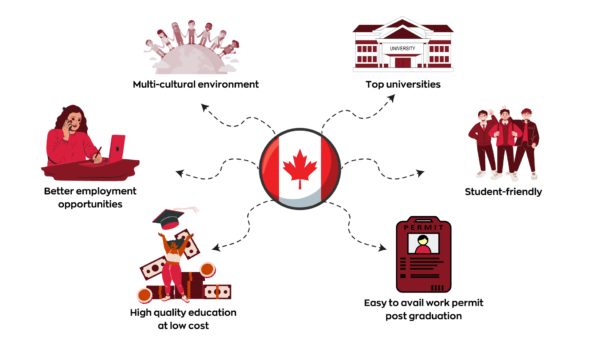

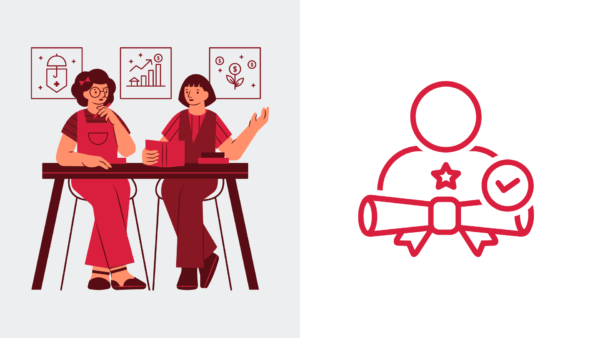
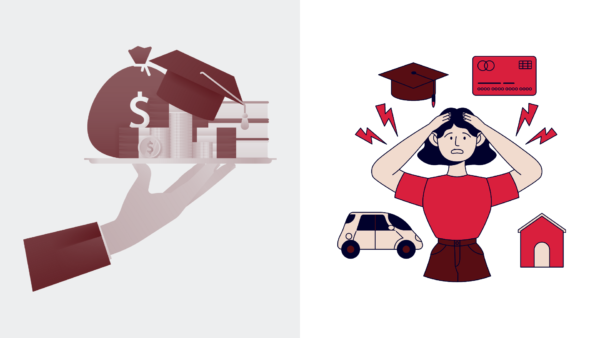




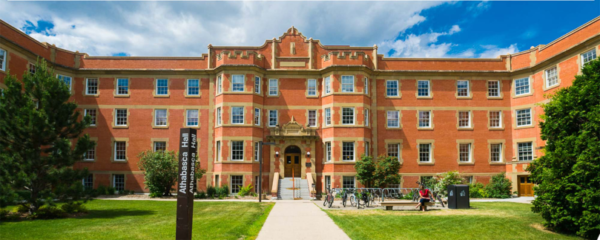 The Alberta School of Business at the University of Alberta offers a variety of programs in finance including undergraduate majors, honors, MBA, and PhD programs.
The Alberta School of Business at the University of Alberta offers a variety of programs in finance including undergraduate majors, honors, MBA, and PhD programs. The Smith School of Business at Queen’s University is well-known for producing some of the best graduates in the field of business and finance. The school has exchange partnerships with over 100 business schools worldwide.
The Smith School of Business at Queen’s University is well-known for producing some of the best graduates in the field of business and finance. The school has exchange partnerships with over 100 business schools worldwide.

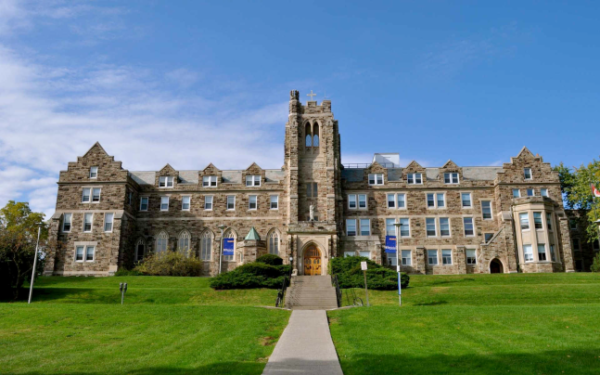




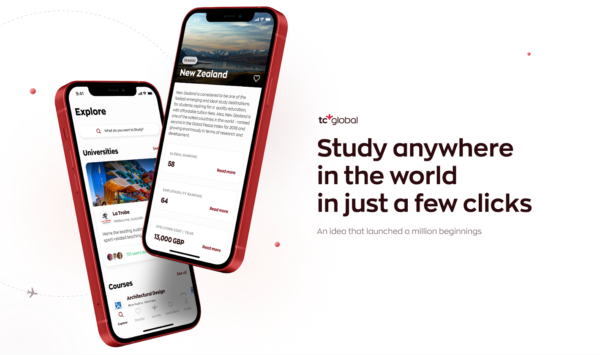






![Best Universities in New Zealand for International Students [2025 Rankings]](https://tcglobal.com/wp-content/uploads/2025/09/Best-Universities-in-New-Zealand-for-International-Students-2025-Rankings-600x338.png)